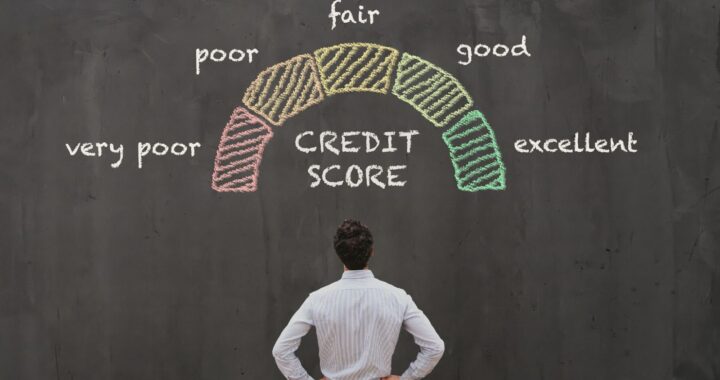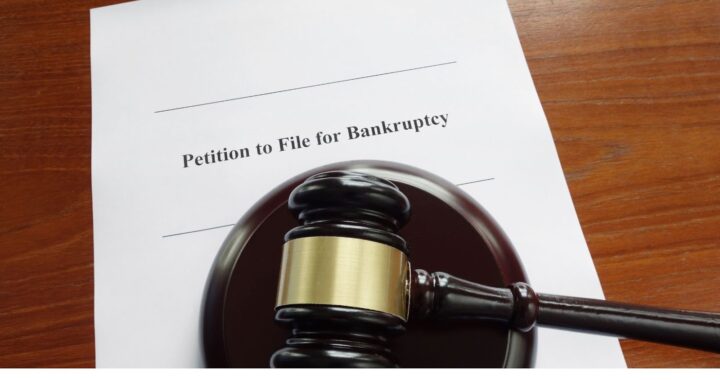
Alternatives to Cosigned Loans: Smart Options for Borrowers with Limited Credit
Working with a cosigner can be helpful for borrowers with limited or poor credit, increasing approval chances and often securing better terms or lower interest rates. Making payments on time also helps build credit.
However, cosigning carries serious risks since the cosigner becomes legally responsible if payments are missed, which can harm credit and strain relationships. For these reasons, many borrowers now look for safer, more independent ways to build credit. Here are some effective alternatives.
Exploring Flexible Credit Options with Online Lenders
Nowadays, guaranteed loans for bad credit with cosigner are no longer the only option for people with low or no credit history. Online personal loans are now widely offered by digital lenders that look beyond traditional credit scores. Many of them consider alternative credit data, such as income stability, employment background, and overall financial behavior, making it easier for borrowers to qualify even without a strong credit record or a cosigner.
Most online lenders make the borrowing process simple and convenient. Applications can often be completed in minutes through a secure online form that collects basic personal and financial details. Some platforms use automated systems to verify income and employment information, allowing quick review and approval. Once approved, funds are usually transferred directly to the borrower’s bank account, sometimes even on the same day.
Credit-Builder Loans
A credit-builder loan is specifically structured to help individuals establish or rebuild credit. Instead of receiving funds up front, the lender deposits the loan amount into a secure account. Borrowers make fixed monthly payments over a set term. Once the loan is fully paid, the funds are released to the borrower. Each payment is reported to credit bureaus, helping borrowers demonstrate consistent financial responsibility and improve their credit profile.
Credit-builder loans are commonly offered by credit unions, community banks, and some online lenders. These loans are usually small, ranging from about $300 to $1,000, reducing risk for lenders while keeping repayment affordable and manageable for borrowers. These loans are most effective for individuals with steady income but no traditional credit history. This is because consistent, on-time payments are reported to credit bureaus, helping borrowers establish a positive payment record and build credit over time.
Building Credit and Stability Through Credit Unions
Credit unions are member-owned financial institutions. They determine loan eligibility based on members’ relationships with the organization, employment stability, and income. This approach benefits members with limited or average credit. They also help them build resilience by encouraging members to get financial counseling and education that promotes long-term financial stability.
In addition to credit-builder loans, credit unions offer a variety of financial products, including personal loans, secured loans, and small-dollar emergency loans. These options often offer lower interest rates and fewer fees than those from traditional banks or payday lenders. Credit unions also tend to offer flexible repayment terms that help members manage their finances effectively and improve their credit standing.
Buy Now, Pay Later (BNPL)
Buy Now, Pay Later services allow consumers to split purchases into smaller, scheduled payments at checkout, whether online or in-store. After making an initial payment, the remaining balance is divided into equal installments, typically paid every two to four weeks. If payments are made on time, borrowers can often avoid fees altogether. However, missed or late payments may result in penalties or negative credit reporting, depending on the provider’s policy.
Negative credit reporting can occur when borrowers miss payments or fail to meet the agreed-upon repayment schedule. Some BNPL providers report payment activity to major credit bureaus, meaning late or missed payments can appear on a borrower’s credit report. This negatively affects credit scores because payment history is a key factor in credit scoring models. Repeated missed payments may also signal financial instability, making it harder to qualify for future loans or credit cards.
Borrowing Against Savings or Certificates of Deposit (CD)
Borrowing against a savings account or certificate of deposit allows individuals to use their own funds as collateral. The lender places a hold on the savings or CD equal to the loan amount, ensuring repayment security. Since lenders view these loans as low-risk, approval is generally easier and rates are lower than for unsecured loans (loans that do not require collateral). The borrower continues earning returns on their savings while repaying the loan.
This option helps build credit history without relying on a cosigner or credit-based approval. Still, borrowers should confirm they can meet repayment obligations, as defaulting could result in the loss of the pledged savings. In other words, if the borrower fails to make payments, the lender has the right to withdraw the owed amount directly from the savings or CD used as collateral. To avoid this, borrowers should plan repayments carefully and have the funds available each month.
Smart Paths Toward Financial Independence
Each alternative to a cosigned loan meets different financial goals, so choosing wisely is essential. Online personal loans and BNPL services suit borrowers who need quick access to funds for immediate or smaller expenses. Credit-builder loans and credit union loans are better for those focused on improving or rebuilding credit through structured repayment. Borrowers with existing assets can consider loans secured by savings or CDs for lower rates. Remember to choose the option that aligns with your financial goals to build credit responsibly and achieve lasting stability.




